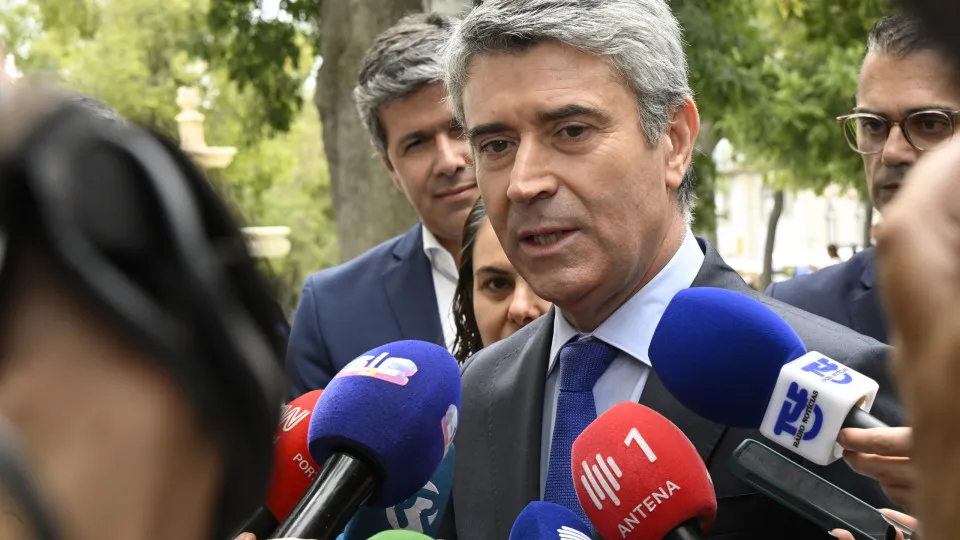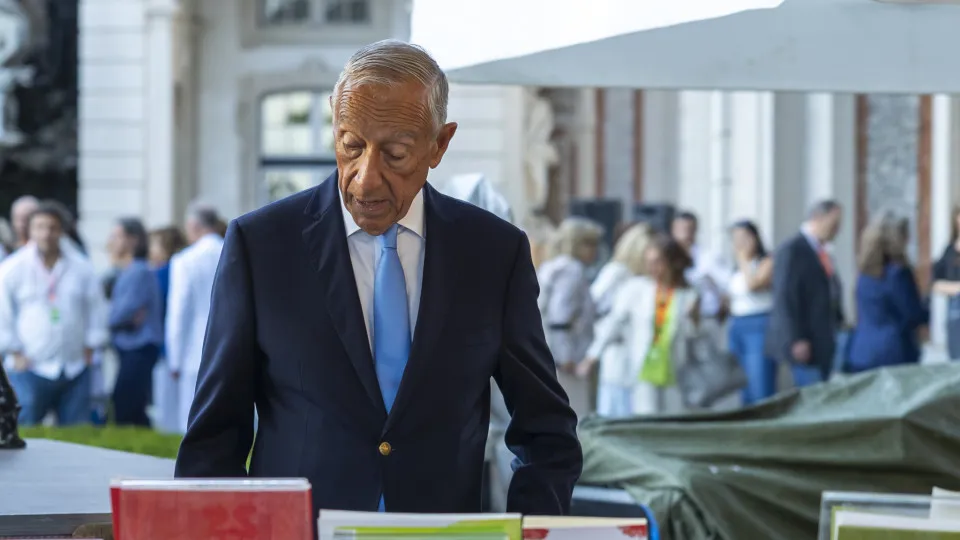
José Luís Carneiro and the coordinator of the PS Strategic Council, Augusto Santos Silva, addressed journalists today following the first meeting of this advisory body, which focused on science and higher education, with the abolition of the FCT being a primary topic.
When asked whether a veto from Marcelo Rebelo de Sousa on this decree is expected, the PS leader replied, “we expect consideration.”
“The Strategic Council understood that there were missteps regarding the method of dialogue and coordination with institutions representing our national scientific ecosystem, and the assurance we provide is that this dialogue will continue, and the PS in the Assembly of the Republic will carry out its work,” committed the PS leader.
When questioned about the parliamentary review of the decree, in case of promulgation, José Luís Carneiro indicated that the socialists would wait “for better terms” after the President of the Republic’s analysis.
“In our view, it should be the subject of a broader review, namely in a parliamentary setting, but not only in a parliamentary setting, because the institutions—and this is the main political message—are that higher education institutions, scientific research centers in the country, and researchers deserve the highest concentration from the country’s political leaders, starting with those who have executive roles,” he admitted.
The PS’s goal, according to its leader, is “to make clear to the Government and the remaining parliamentary groups that the policy of secrecy conducted” by the executive on a subject like this “is not understandable.”
Santos Silva, speaking before José Luís Carneiro, conveyed the PS Strategic Council’s concern about “public policies that are well-founded and debated.”
“And in the case of the proposal to abolish the Foundation for Science and Technology and establish a corporation assuming the State’s functions in science and innovation policy, there was neither preparation, no justification, nor was there a debate involving interested parties; the interested parties being qualified individuals like our scientists and our academic and research institutions,” he condemned.
Hoping that the Presidency of the Republic and parliament “properly monitor” this decree to “remedy these methodological errors that are fatal to any public policy,” the former president of the Assembly of the Republic issued a warning.
“The proposal would imply transferring public policies, the responsibility of the Government, to a public business entity, and it is inconceivable for the evaluation of the national scientific system and the consequent funding of scientific research, whether fundamental or applied, to be in the hands of a corporation, hence the Government abdicates the responsibility that, according to law and the Constitution, is committed to it,” he condemned.
The reform in the Ministry of Education, Science and Innovation (MECI) was announced in July by Minister Fernando Alexandre, who revealed the abolition of several entities—including the FCT—which would be integrated into new agencies.
On September 4, the Council of Ministers approved the creation of the Agency for Research and Innovation.
The agency will incorporate the competencies previously held by the Foundation for Science and Technology (FCT) and the National Innovation Agency (ANI).
At the end of August, when promulgating a decree that abolished other bodies, though not in the higher education sector, the President of the Republic, Marcelo Rebelo de Sousa, expressed reservations about the abolition of the FCT.




